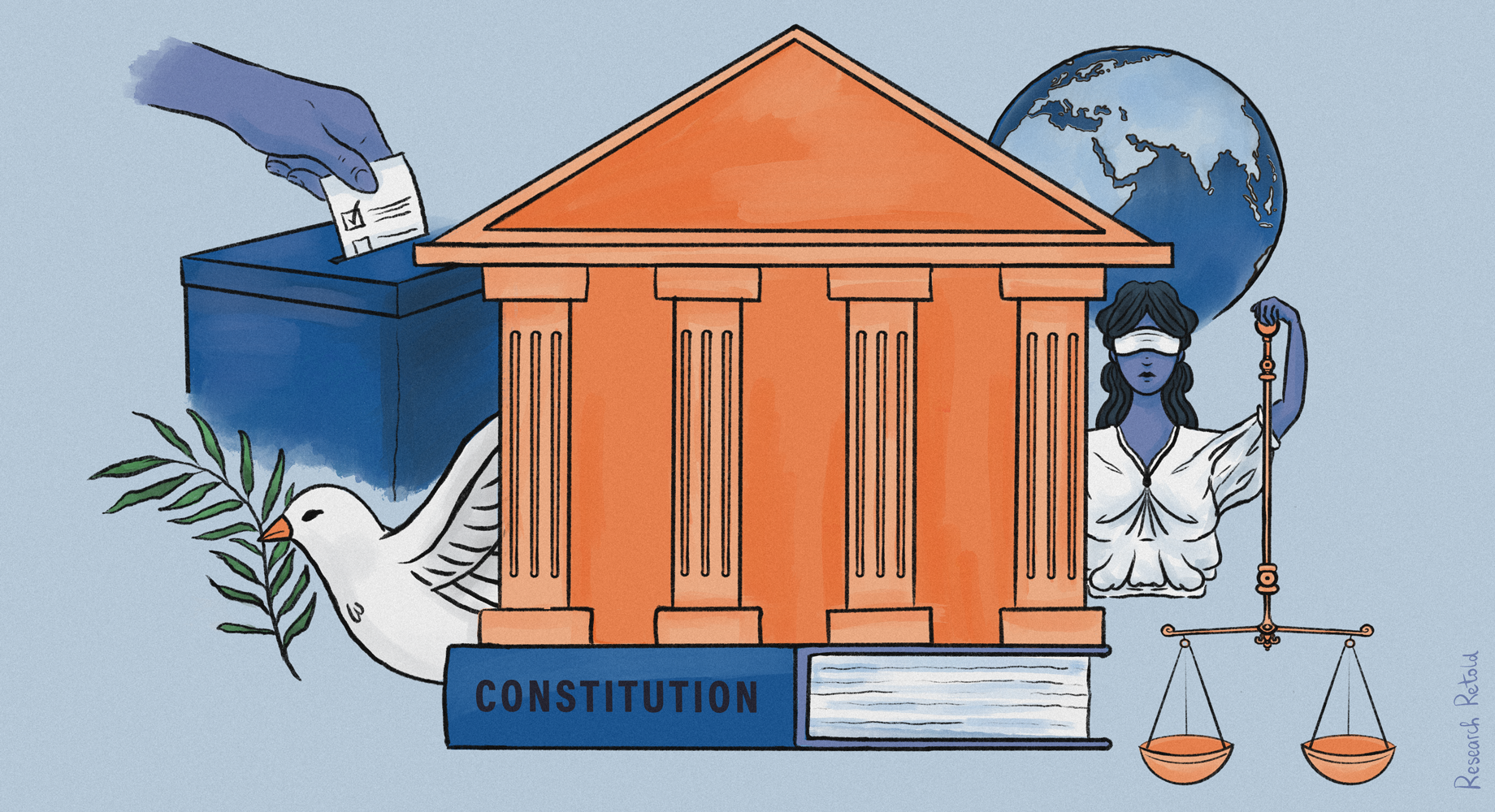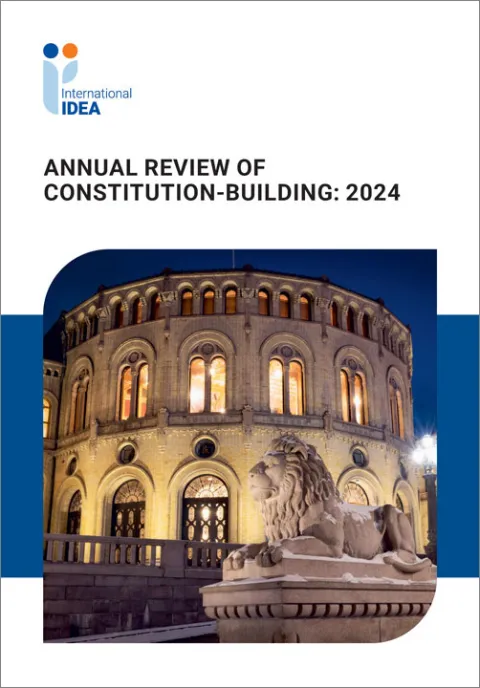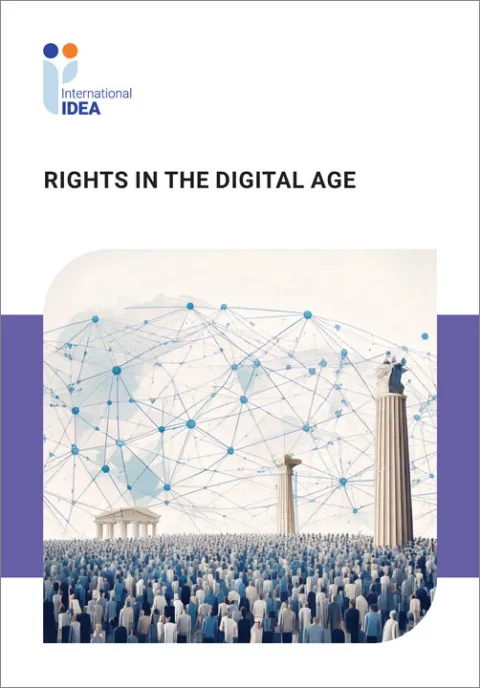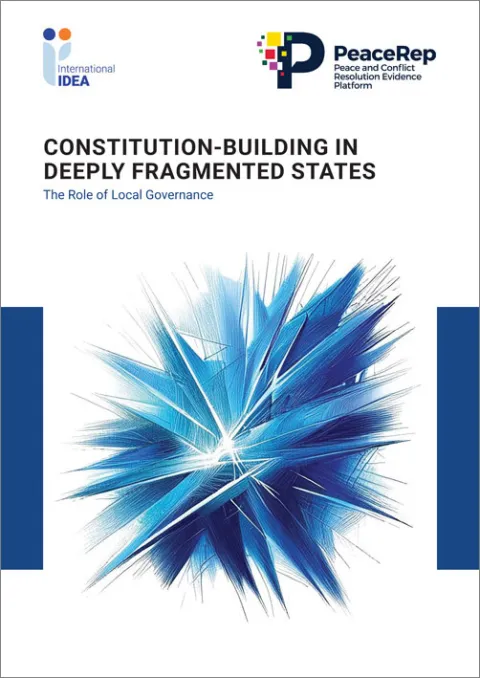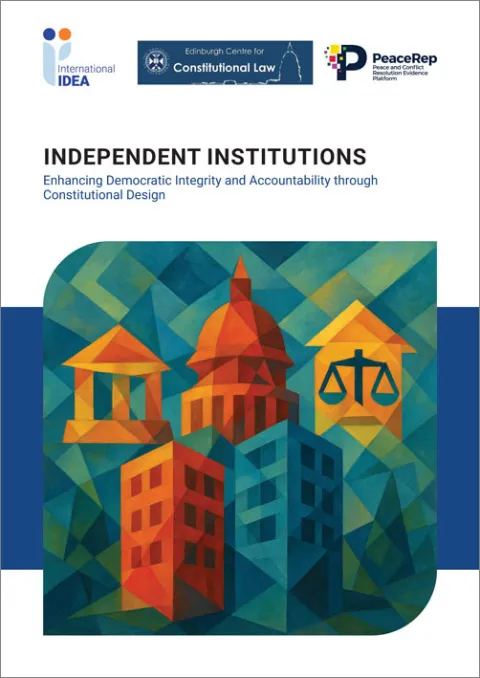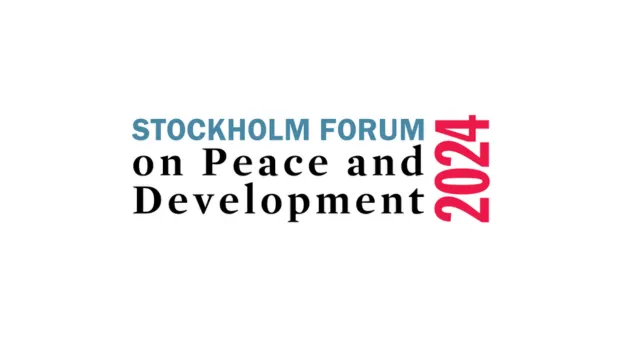Decentralization in Unitary States: Constitutional Frameworks for the Middle East and North Africa
This report examines how national constitutions can improve the delivery of services through decentralization, in particular by exploring the impact that different forms of decentralization and sequencing can have on the outcome. The report studies existing frameworks within the Middle East and North Africa region, including some of the new constitutions that were drafted since the uprisings began in late 2010, as well as a large number of comparative examples from other jurisdictions, to determine what lessons exist for the broader region.
Details
Contents
About this Report
Acknowledgements
Preface
Executive Summary
1. Introduction
2. Architecture of Decentralization: Internal Boundaries and Levels of Government
3. Political Decentralization
4. Implementation and Sequencing
Conclusion: Is the MENA region ripe for decentralization?
Bibliography
References
Endnotes
Give us feedback
Do you have a question or feedback about this publication? Leave us your feedback, and we’ll get back to you
Send feedbackDecentralization in Unitary States: Constitutional Frameworks for the Middle East and North Africa
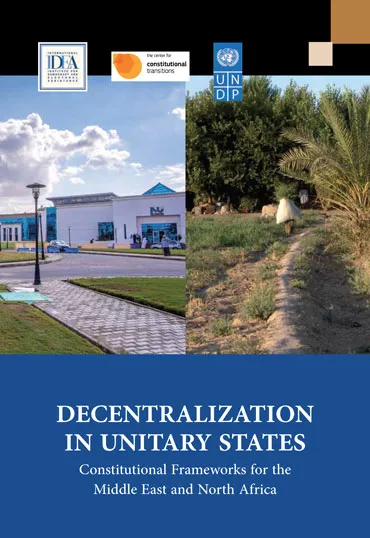
| Total views | 6507 |
|---|---|
| Downloads | 22 |
| Rating |
Give us feedback
Do you have a question or feedback about this publication? Leave us your feedback, and we’ll get back to you
Send feedback